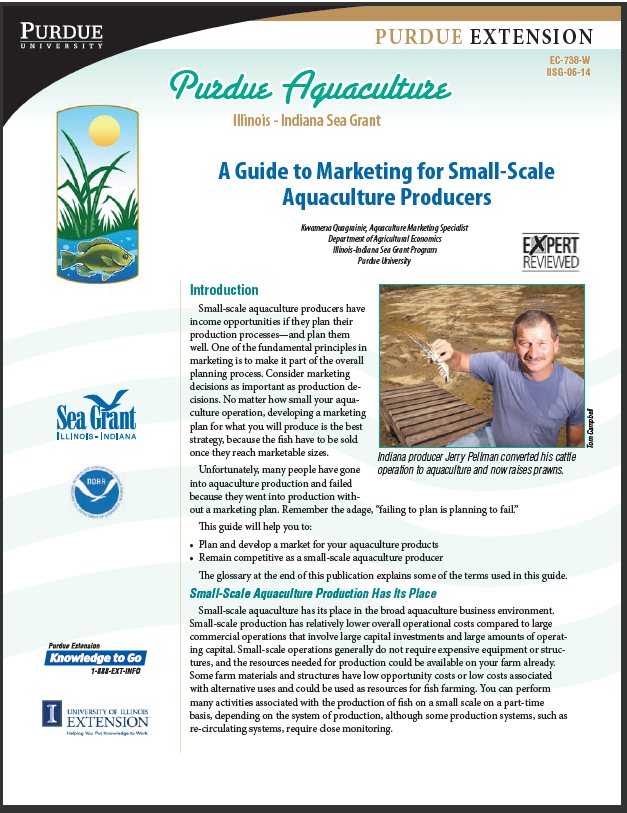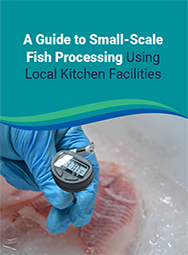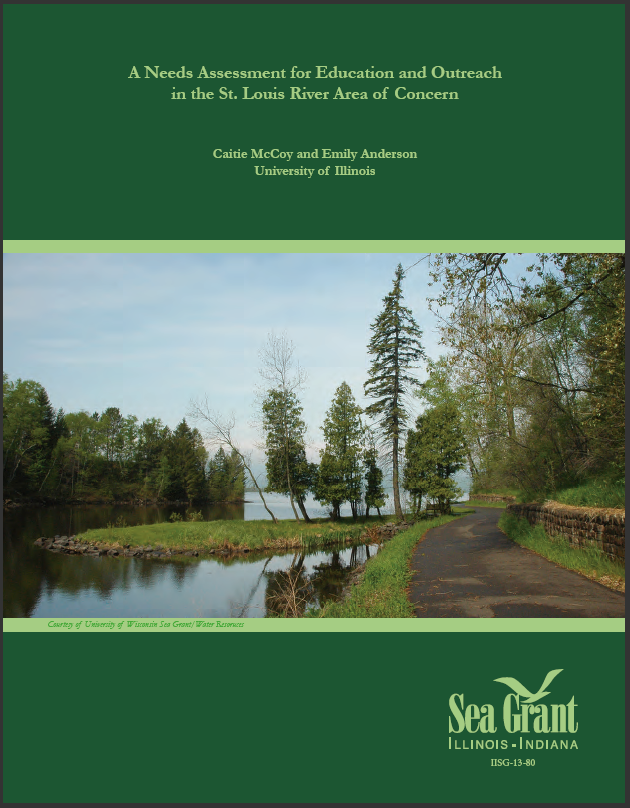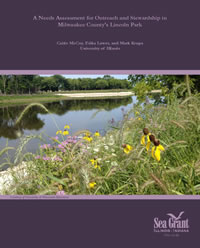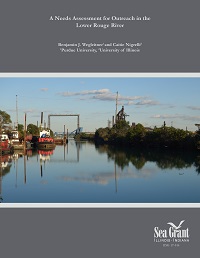Results
File Type: pdf
File Size: 593.37 KB
Year: 2006
Small-scale aquaculture producers have income opportunities if they plan their production processes—and plan them well. One of the fundamental principles in marketing is to make it part of the overall planning process. Consider marketing decisions as important as production decisions. No matter how small your aquaculture operation, developing a marketing plan for what you will produce is the best strategy, because the fish have to be sold once they reach marketable sizes.
Download File
File Type: pdf
File Size: 1.06 MB
Year: 2022
The brochure is an overview of what a fish producer thinking about small-scale fish processing needs to know. The overview includes training requirements, available facilities and highlights of select farmers who have gone through the process.
Download File
File Type: pdf
File Size: 903.94 KB
Year: 2013
This report discusses stakeholder perceptions of the St Louis River Area of Concern and attitudes toward the cleanup and restoration work that will take place through the Great Lakes Legacy Act.
Download File
File Type: pdf
File Size: 984.75 KB
Year: 2014
This report discusses community attitudes toward ongoing Great Lakes Legacy Act cleanup efforts in Milwaukee County’s Lincoln Park and provides recommendations for future GLLA outreach and community stewardship of the park.
Download File
File Type: pdf
File Size: 1.33 MB
Year: 2017
This report discusses stakeholder perceptions of the Lower Rouge River in the Rouge River Area of Concern (AOC) and attitudes toward a cleanup being performed under the Great Lakes Legacy Act.
Download File
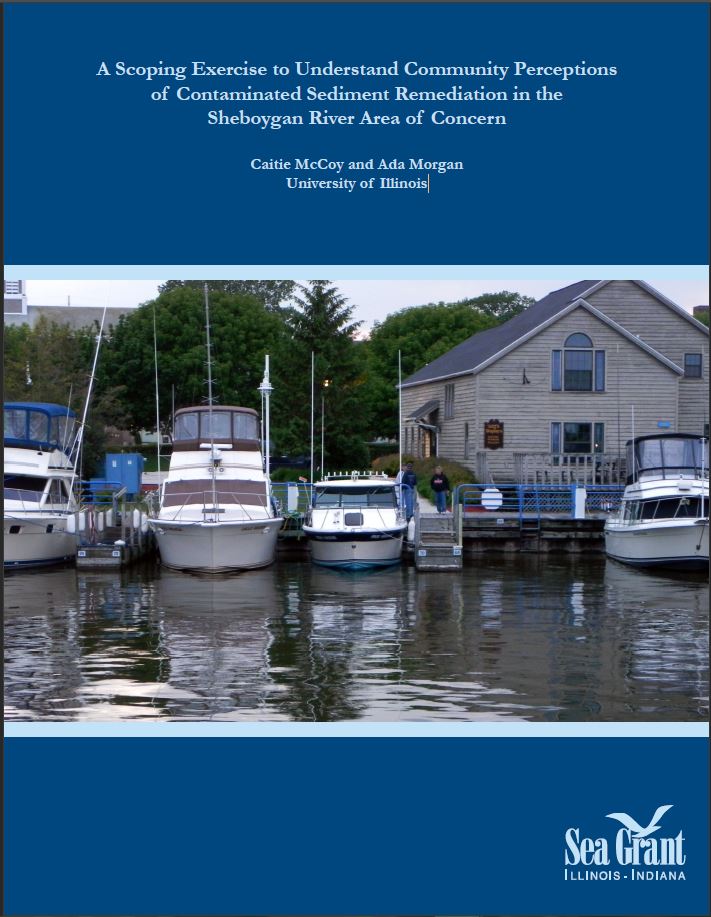
File Type: pdf
File Size: 1.84 MB
Year: 2012
This report serves as a scoping exercise to document a qualitative analysis of community members’ views on sediment remediation in an Area of Concern (AOC). Currently, few studies of qualitative analyses on remediation projects in AOCs exist. A qualitative analysis highlights and provides an in-depth, detailed picture of how a cleanup is perceived by those who are most affected by it. This qualitative study was conducted in the Sheboygan River AOC in Wisconsin. Data were collected in interview sessions with eleven community members representing different stakeholder groups and analyzed using a coding scheme derived from interview transcriptions. The analysis revealed five key findings: 1) The Sheboygan River was viewed as an asset but has a negative stigma, 2) Depth was the primary concern of the interviewees regarding Sheboygan River, 3) Interviewees believed remediation will result in economic revitalization, 4) The interviewees were mixed in their regard to fish advisories and as to how the remediation will impact fish populations, and 5) Quality of life and aesthetic value were also viewed as potential improvements resulting from the remediation, but the connections were weakly or indirectly made. The findings provided recommendations for gaining support for a cleanup from local stakeholders. Furthermore, the findings encouraged better education to the public on the relationship between the cleanup and fish health. Lastly, suggestions were made for future study design and implementation.
Download File
Page 2 of 37
Note: Some older Illinois-Indiana Sea Grant publications have not yet been restructured into ADA compliant formats. We are actively working on this. If you are having difficulty accessing a particular item in one of our databases, please contact iisg@purdue.edu with the name of the item and its URL for further assistance.
